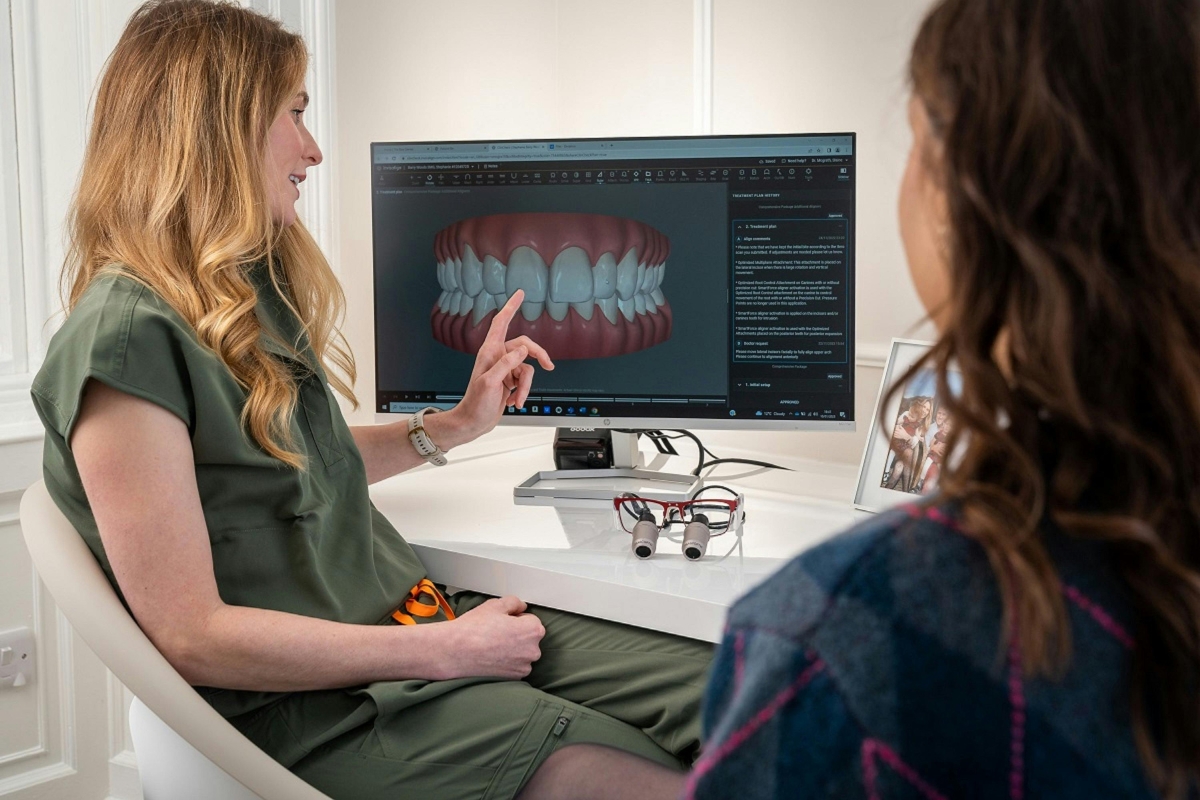
Lost a tooth and chose dental implants? Great decision—but the journey isn’t over yet! Dental implants promise a new smile, but success depends on what happens afterward. Most people ignore aftercare and pay the price later—don’t be one of them.
Dental implants may look and feel natural, but they still need careful maintenance. Ignore dental implants aftercare, and you risk pain, failure, and costly fixes. You’ll learn how to protect your dental implants like a pro. Dental implants survive decades, with the right care, even a lifetime.
The Importance of Aftercare
Dental implants need time to integrate with your jawbone—a process called osseointegration. Proper aftercare supports this healing and helps prevent inflammation around the implant site. A study in the Journal of Periodontology revealed a 90–95% success rate with good care. Poor hygiene or skipping checkups may lead to peri-implantitis, an infection that causes bone loss.
Without proper aftercare, dental implants can loosen or fail entirely within a few years. A trusted dentist will always emphasize regular cleanings and checkups as part of maintenance. Even a small lapse in care increases the risks of gum disease and implant rejection.
Think of your dental implants in Panorama City as an investment—aftercare protects your smile and your wallet. Aftercare bridges the gap between surgery and lifelong success. Make it your top priority.
Immediate Post-Surgery Care (First 24–72 Hours)
Pain and swelling are normal—manage them with a cold compress and over-the-counter painkillers. Bleeding might occur; gently bite on gauze to help form a clot. Avoid spitting forcefully. Dental implants need rest—stick to a soft diet: soups, yogurt, smoothies, and mashed vegetables.
Skip hard, spicy, and hot foods that may irritate or dislodge the clot. Avoid smoking and alcohol—they slow healing and increase the risk of infection significantly. Don’t use a straw; the suction can dislodge the healing clot and delay recovery.
Rest as much as possible, and avoid talking excessively or touching the surgical site. Your dentist will provide personalized instructions—follow them closely for a smooth recovery. Protect your dental implants from the start to avoid long-term setbacks.
Short-Term Aftercare (First Few Weeks)
Brush gently using a soft-bristle toothbrush—avoid direct pressure on your dental implants. Use a non-alcoholic mouth rinse or warm salt water to reduce bacteria. Avoid strenuous activities and contact sports—these could impact your healing jaw.
Don’t skip brushing or flossing, even if your mouth feels sensitive. Monitor for signs of infection: swelling, persistent pain, foul taste, or fever. Contact your dentist immediately if any complications arise during this period.
Your dentist may schedule a follow-up to ensure dental implants are healing properly. Continue eating soft foods and avoid chewing on the implant side. Stay disciplined—early habits build the foundation for long-term dental implant success.
Long-Term Maintenance Tips
Dental implants require the same care as natural teeth—but with even more diligence. Brush twice daily using a soft-bristle brush and low-abrasive toothpaste to avoid damaging surfaces. Floss daily, especially around the implant base, to remove trapped debris and plaque.
Consider using a water flosser for deep cleaning between hard-to-reach areas. See your dentist every 6 months for professional cleanings and implant checkups. Your dentist can spot early signs of gum inflammation or implant instability before they worsen.
Avoid habits like chewing ice, biting nails, or opening packages with your teeth. Teeth grinding (bruxism) can loosen implants—ask your dentist about a night guard if needed. Choose a diet rich in vitamins and minerals to support gum and bone health.
Limit sugar and acidic foods that contribute to gum disease and decay near adjacent teeth. Quit smoking—tobacco reduces blood flow, delays healing, and increases the risk of implant failure. Reduce alcohol consumption—it can irritate gum tissues and slow healing.
Stay hydrated and maintain a balanced diet to keep your oral tissues healthy. Good lifestyle choices and consistent care keep dental implants strong for decades. Let your dentist be your partner in implant care and overall oral health.
Dental implants offer confidence, comfort, and a permanent solution—but only with consistent aftercare. Healthy habits and regular visits to our dentists ensure lasting implant success. Stay proactive, stay informed, and protect your investment with daily care. Schedule a dental check-up today to keep your dental implants in top condition.

